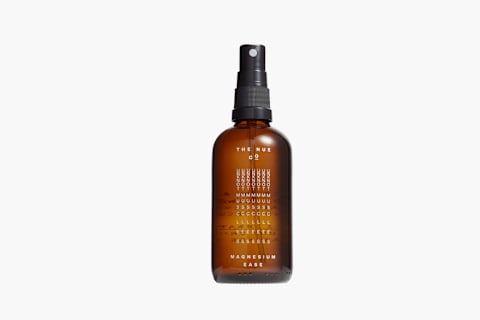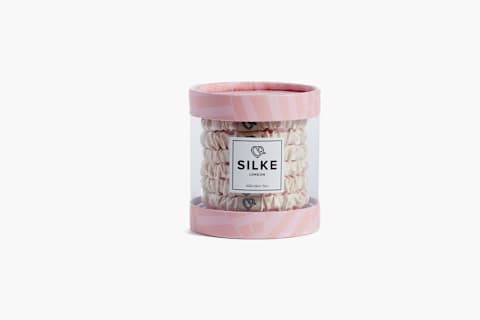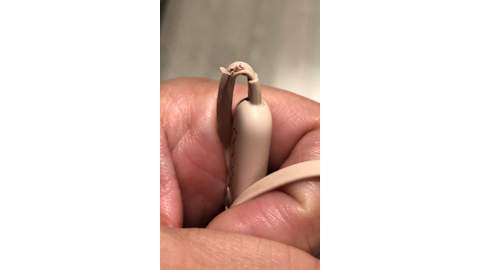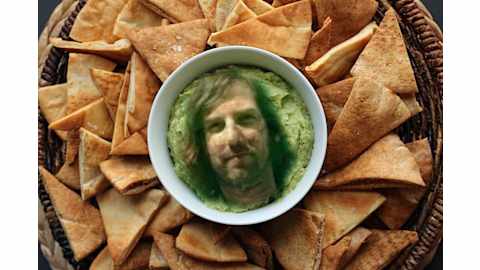Advertisement

These are the five reasons I love acacia fiber:
This is a very small pull quote
I am a standard pull quote that will go the width of the text
I am an extra large pull quote that will go full width
Hello, this is my article!
Hello. I am a heading

Shop this Routine
As a holistic nutritionist, the one word I hear frequently from clients is "cleanse." While there are definite benefits to giving our bodies a little detox from time to time, the best type of cleanse is ongoing. More often than not, cleanses seem to be inspired after a weekend of bottomless mimosas, a decadent vacation, or trips to all-you-can-eat buffets. But, with my clients, I've found the best path is to continually detox your body through a diet rich in fiber.
There are two types of fiber: insoluble and soluble. Insoluble fiber1 is known commonly as "roughage," and you can find it in veggies and whole grains. Due to its dense matter, it can't be broken down in the gut. Therefore, it continues on its path, relieving constipation and helping with regularity. Soluble fiber1, which you can find in nuts, seeds, lentils, and some veggies and fruits, binds to cholesterol and sugar, slowing their absorption into the blood. Even more exciting is its ability to help boost "good" bacteria in the gut, making it a perfect prebiotic to help keep your microbiome thriving. Both are important to consume regularly.
Sadly, most Americans are grossly deficient in fiber2. Luckily, a morning smoothie rich in fibrous fruits and vegetables can be a perfect remedy to get your daily burst of gut-boosting fiber. Another tool I employ to take the fiber in my smoothies to the next level? Acacia fiber.
Acacia fiber, also known as acacia gum, is made from the sap of a tree that is indigenous to Africa. The sap is packed with soluble fiber, and it offers a bevy of other health benefits, like healing wounds,3promoting oral health, and soothing coughs and sore throats.
Neutral in taste, acacia fiber can be easily added to a smoothie, soup, or dressing without altering the taste or texture (unlike psyllium husk, a more commonly used fiber supplement with a sawdust-like texture). I love adding acacia powder to a smoothie with raw cacao, nut butter, and cinnamon, or to homemade salad dressings to give my veggies an extra boost of fiber. You can find acacia fiber at your local health food market or purchase it online. Look for a brand that's GMO-free and organic.
aewbabw
- first item
awewfwef
Watch Next
Enjoy some of our favorite clips from classes
Enjoy some of our favorite clips from classes
What Is Meditation?
Mindfulness/Spirituality | Light Watkins
Box Breathing
Mindfulness/Spirituality | Gwen Dittmar
What Breathwork Can Address
Mindfulness/Spirituality | Gwen Dittmar
The 8 Limbs of Yoga - What is Asana?
Yoga | Caley Alyssa
Two Standing Postures to Open Up Tight Hips
Yoga | Caley Alyssa
How Plants Can Optimize Athletic Performance
Nutrition | Rich Roll
What to Eat Before a Workout
Nutrition | Rich Roll
How Ayurveda Helps Us Navigate Modern Life
Nutrition | Sahara Rose
Messages About Love & Relationships
Love & Relationships | Esther Perel
Love Languages
Love & Relationships | Esther Perel






















